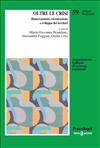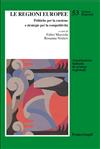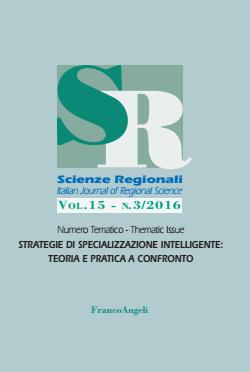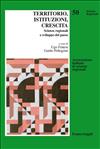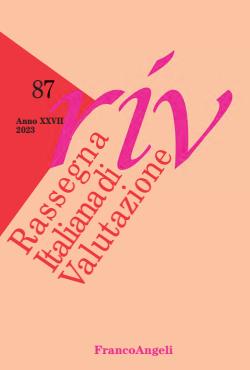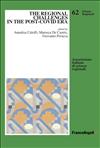
The XLII AISRe Conference called the Italian community of regional and urban scientists to debate on the long-term consequences, issues and challenges imposed by the coronavirus global emergency. In a world already characterized by increasing social inequalities, the pandemic is likely to exacerbate the rise of disparities. Limited mobility, the restricted access to public services such as schools and hospitals, and the higher uncertainty generated by the healthcare emergency hit more severely those individuals in a condition of relative economic, occupational, and educational disadvantage.
cod. 11390.6
